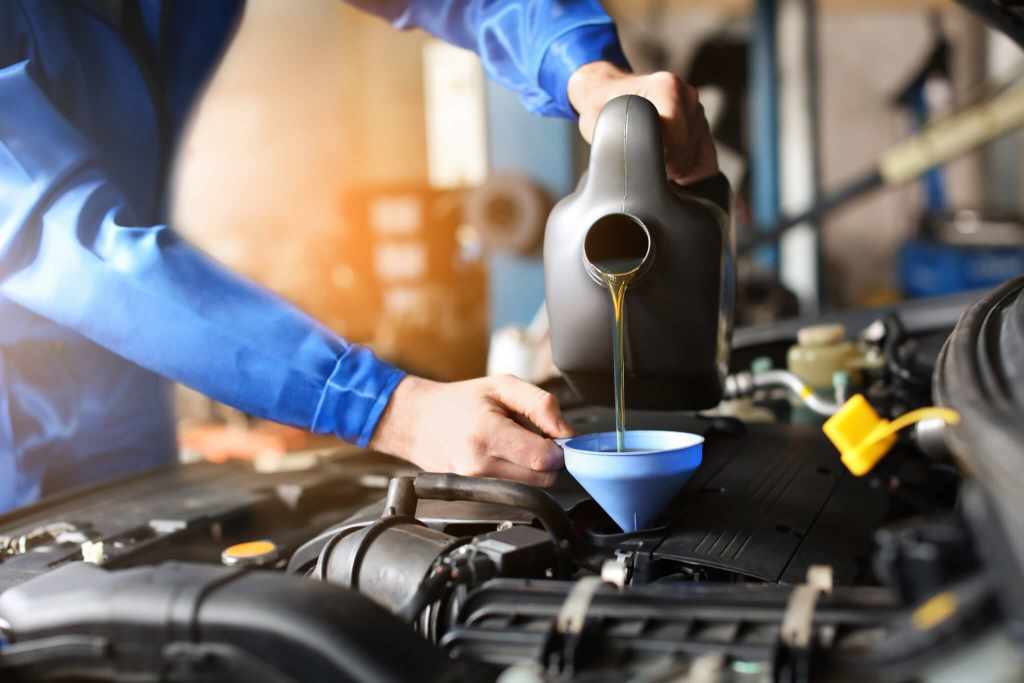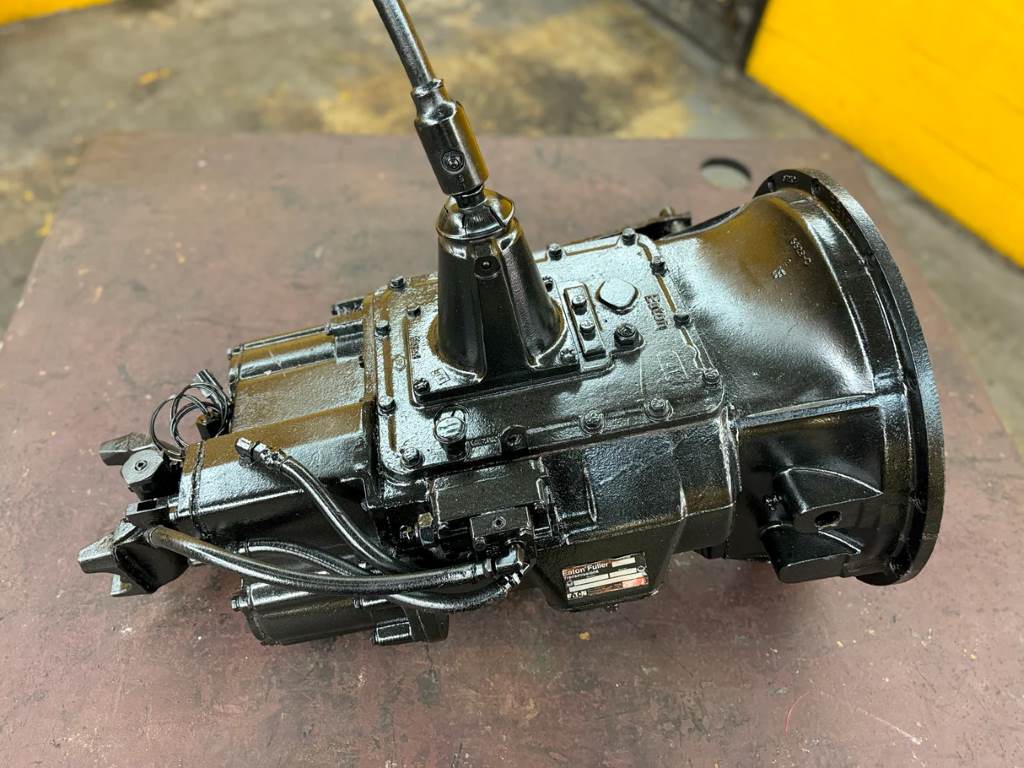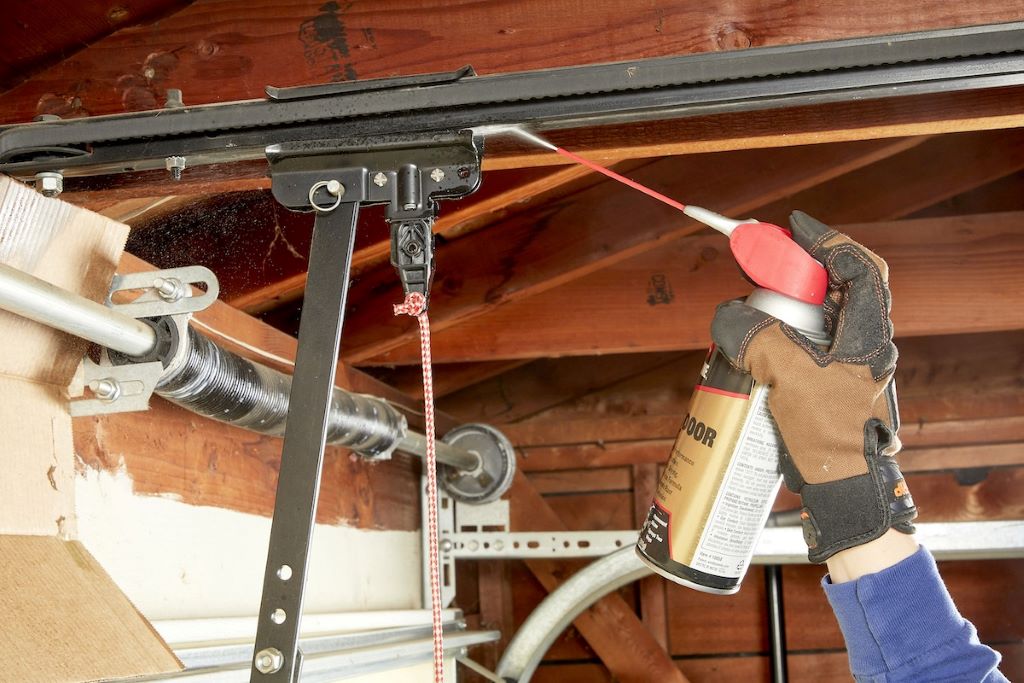Your truck’s engine oil is its lifeblood, lubricating moving parts, reducing friction, and preventing overheating. Over time, oil degrades and loses its effectiveness, which can lead to serious engine damage. Knowing when to change your truck’s oil is crucial for its longevity and performance. Here are five key signs your truck needs an oil change:
1. Mileage Milestone:
The most basic indicator for an oil change is mileage. While the old standard was every 3,000 miles, modern engines and synthetic oils have extended that interval. Refer to your truck’s owner’s manual for the manufacturer’s recommended oil change schedule. This can range anywhere from 5,000 to 10,000 miles or more, depending on the truck’s make, model, and the type of oil used.
2. Dirty or Dark Oil:
Clean engine oil is typically amber or translucent. As it ages and accumulates dirt, debris, and wear particles, it turns darker and thicker. You can check the oil’s condition using the dipstick:
- Locate the dipstick: It’s usually a bright yellow or orange loop near the top of the engine.
- Pull the dipstick: Wipe it clean with a rag, then reinsert it fully.
- Check the color: If the oil appears dark brown or black, it’s time for a change. Additionally, if it feels gritty between your fingers, that’s another sign of contamination.
3. Engine Noises and Performance Issues:
As engine oil breaks down, it loses its lubricating properties. This can lead to increased friction between engine components, resulting in various noises and performance problems. Listen for:
- Knocking or tapping sounds: These could indicate insufficient lubrication of the engine’s moving parts.
- Sluggish acceleration or decreased power: Worn-out oil can affect the engine’s efficiency.
- Rough idling: This could be a sign of low oil pressure due to degraded oil.
4. Oil Smell Inside the Cabin:
If you smell burning oil inside your truck’s cabin, it’s a red flag. This could indicate an oil leak, and leaking oil can quickly lead to serious engine damage.
5. Exhaust Smoke:
While a small amount of vapor from the exhaust is normal, excessive smoke can be a sign of an oil-related issue. Blue or gray smoke often means oil is burning in the combustion chamber due to worn engine seals or other problems.
Additional Considerations for Truck Owners:
- Driving Conditions: If you frequently tow heavy loads, drive in dusty or extreme weather conditions, or make a lot of short trips, you might need more frequent oil changes than the manufacturer recommends.
- Oil Life Monitoring System: Some trucks have built-in oil life monitoring systems that estimate when an oil change is needed based on various factors. While these systems are helpful, it’s still wise to visually check your oil regularly.
- Synthetic vs. Conventional Oil: Synthetic oil typically lasts longer than conventional oil, but it’s also more expensive. Weigh the pros and cons based on your truck’s needs and budget.
Why Regular Oil Changes Are Essential:
Neglecting oil changes can lead to a host of costly problems, including:
- Decreased fuel efficiency: Worn-out oil can increase friction, making the engine work harder and consume more fuel.
- Engine overheating: Oil helps to cool the engine. Insufficient or degraded oil can cause overheating, leading to warped components and potential engine failure.
- Premature engine wear: Lack of proper lubrication accelerates wear and tear on engine parts, shortening its lifespan.
Don’t Risk It:
Your truck’s engine is a complex and expensive piece of machinery. Regular oil changes are a small investment that can save you from major headaches down the road. If you notice any of the signs mentioned above, or if you’re unsure about your truck’s oil change interval, consult your owner’s manual or a qualified mechanic.









